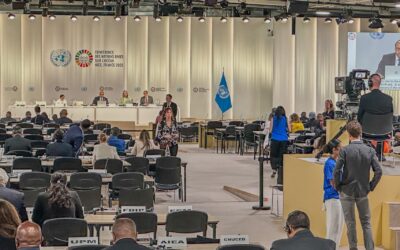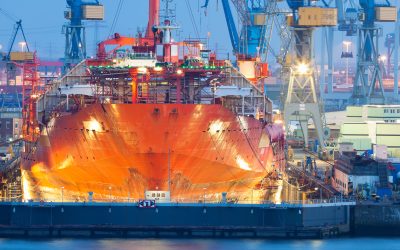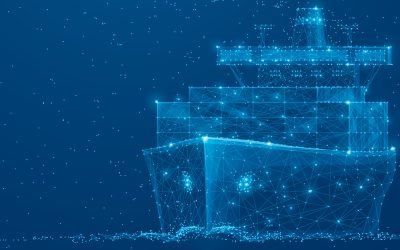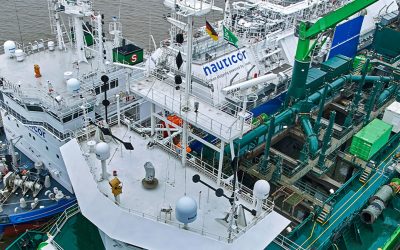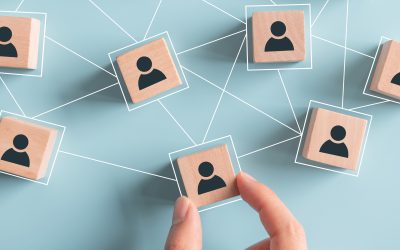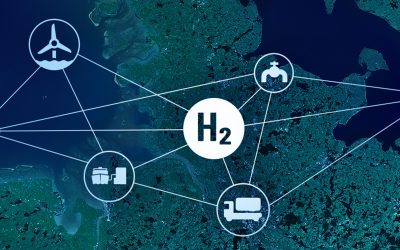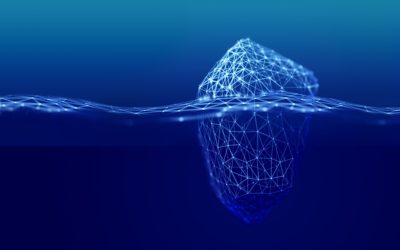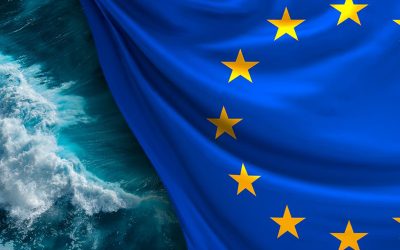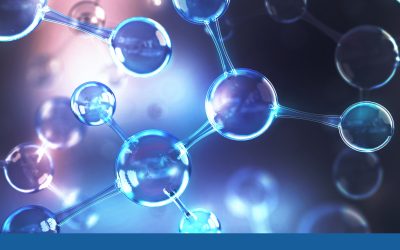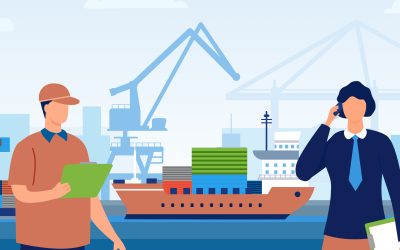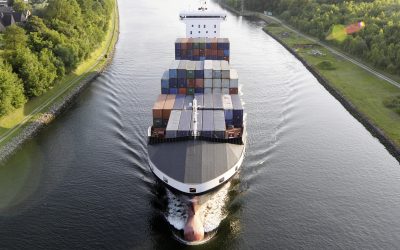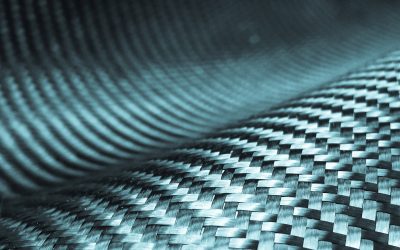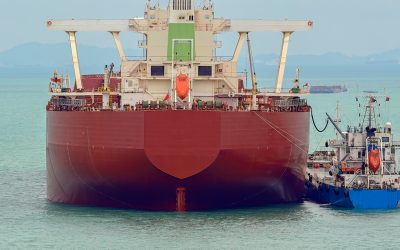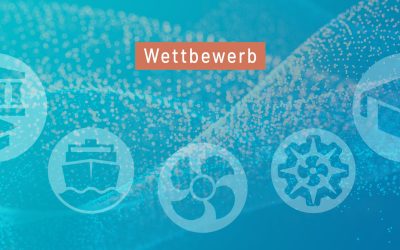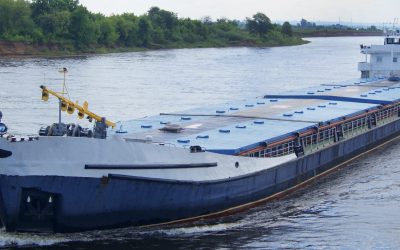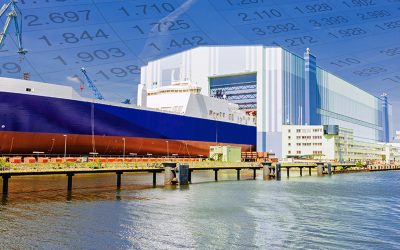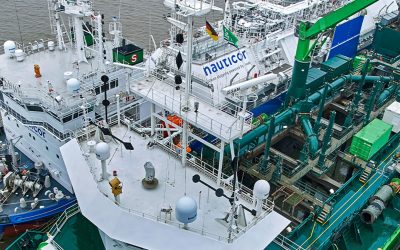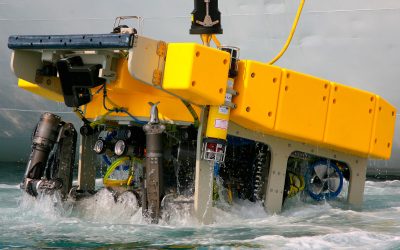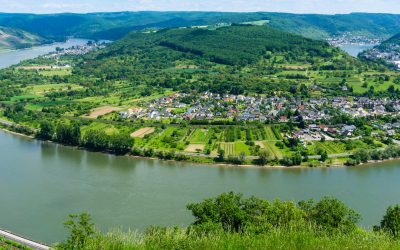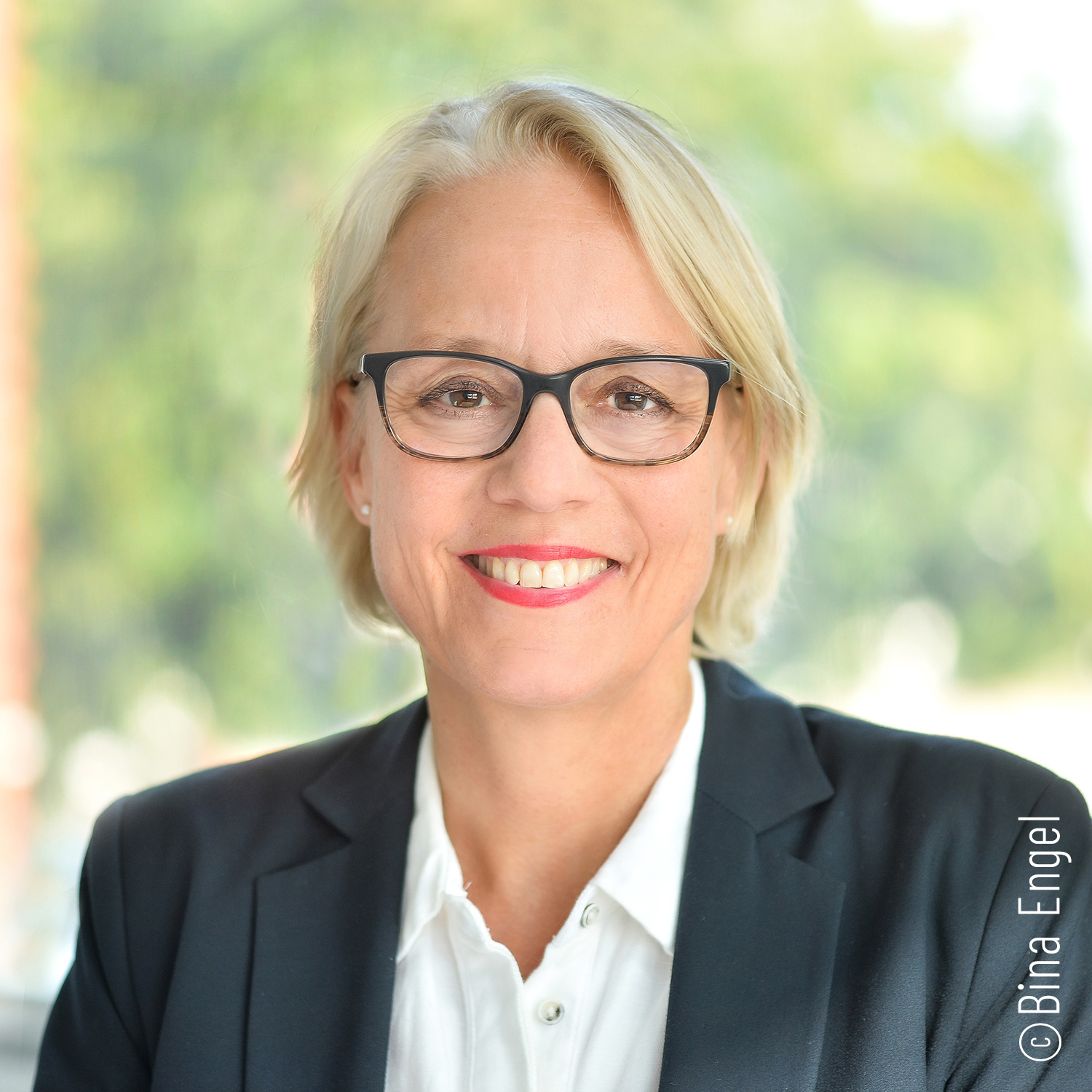
Dr. Regine Klose-Wolf
Head of Communications
Phone: +49 40 9999 698 - 51
E-Mail: Klose-Wolf[at]dmz-maritim.de
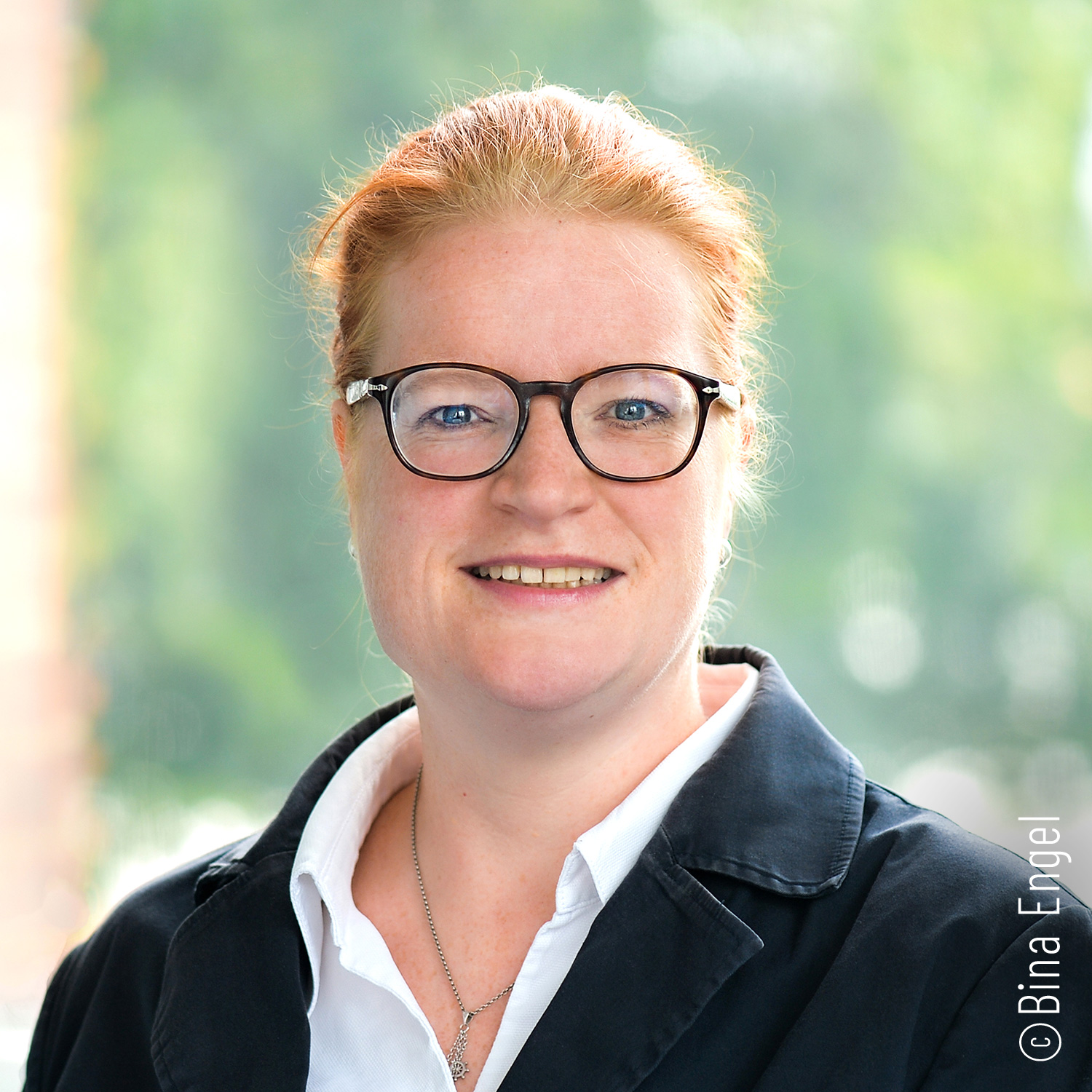
Capt. Runa Jörgens
Head of Issues and Projects
Phone: +49 40 9999 698 - 71
E-Mail: Joergens[at]dmz-maritim.de
The aim of the forum is to strengthen and intensify the dialogue between science and industry in order to implement project ideas in the maritime sector more quickly. Young researchers from all over Germany had applied in response to a call for posters. Presentations of their projects formed the centrepiece of the forum; these were framed by three keynote speeches each.
Prof. Dr. Klaus Beckmann, President of Helmut Schmidt University, welcomed the participants. He noted that their research was contributing to the development of new shipping technologies.
In his opening address, Dr. Peter Tschentscher, First Mayor of the Free and Hanseatic City of Hamburg, emphasised the importance of the maritime sector (including its logistics) for the entire German industrial location. Ships are one of the most environmentally friendly and cost effective means of transport, but, regardless, it is all the more important to switch to alternative fuels in future.
Dr. Wolfgang Sichermann, Managing Director of the German Maritime Centre, explained the guiding principle of the Maritime Research Forum, namely to bring scientists into direct contact with each other and with maritime economy stakeholders.
Keynote I
Constance Ugé (Fraunhofer Center for Maritime Logistics and Services) began by introducing the project “Green Shipping – Using Big Data for Emissions Assessment, Consumption Optimisation and Efficiency Improvement”. The project concerns the use of weather and environmental data (such as currents and obstacles on the route) obtained from AIS transponders on ships. By superimposing these data onto each other, it was possible to determine which parameters would need to be changed in order to reduce a ship’s fuel consumption and emissions and to estimate its arrival times more accurately.
Prof. Dr.-Ing. Detlef Schulz (Helmut Schmidt University) presented two projects under the title “What’s next for the fuel cell?”, both of which deal with electrically controllable fuel cell membranes and internal methanisation. On the one hand, the projects researched the optimisation of single cell prototypes with regard to their dynamic behaviour during load changes and their service life (accelerated ageing tests). On the other hand, they ask whether the methanation of hydrogen can take place in the fuel cell. This would reduce the efficiency loss by up to 10%. The results of the research projects could be incorporated into the planning of emergency power platforms for public transport.
In the third keynote speech “Alternative fuels for shipping – development and supply. A perspective from the viewpoint of an energy company”, Matthias Mundt (Shell Global Solutions, Deutschland GmbH) presented the challenge associated with the energy transition. He explained that an increase in the world’s population to 9.7 billion people (in 2050) would be accompanied by growth in world trade and thus in maritime transport, which would inevitably increase emissions by 50–250%. The measures taken so far to reduce CO2 emissions would not be sufficient to meet climate targets such as the IMO’s (to reduce maritime CO2 emissions by 50% by 2050). To do so, zero-carbon fuels would be necessary. If the conditions are right, these might be achieved by using biofuels, batteries, hydrogen or methanol etc.
World Café
In the World Café, which followed the keynotes, several scientists had the opportunity to present their project/poster in three minutes. There were five stations:
- Optimisation of combustion engines
- Synthetic fuels
- Energy storage/fuel cells
- Wind power and hydrogen applications
- E-fuels in large engines.
All audience members could listen to lectures from three of the five thematic groups. In small presentation and discussion groups that took place in parallel, the ideas and projects were immediately discussed in question and feedback sessions between science and the maritime industry. The discussions centred on three questions:
- What would it take for the research results to be put into practice?
- What is new?
- What is the benefit?
The discussions at the individual stations were very lively and intensive and continued during the break. The facilitators of the World Café then summarised the key results of the individual stations in the plenary session. Three points emerged as decisive for the application of the research results in industry:
- Most of the projects could only be realised in cooperation.
- The results will only be accepted by the market if they are competitive.
- In order for the economy/industry to invest in innovations, a long-term and reliable policy framework must be created.
Keynote II
The event concluded with three more keynote speeches. In his speech “Heavy fuel oil, marine diesel – what comes next”, Alexander Marczewski (MAN Energy Solutions SE) presented on the development of emissions regulations (sulphur limits) in shipping, which can be compared with the development of emissions standards in road transport (Euro 1 to Euro 6). Currently, no clear favourite is emerging among the various fuels, but it can be assumed that there will be an even greater variety of fuels for shipping in the future: LNG should be given priority consideration here, as the relevant technologies – e.g. for the integration of bio-components or the reduction of methane slip – are already available and in use. He does not currently foresee any alternative propulsion systems based on hydrogen or batteries for commercial shipping, either from a technological or a cost perspective. “Green” methanol is currently 4 times more expensive than conventional fuels under optimal conditions.
In a talk titled “Hydrogen in the maritime economy”, Lars Ravens (Hybrid Port Energy) spoke about the possibilities of gas-based electricity generation for supplying shore-side electricity to ships in ports. Another field of innovation relates to maritime batteries, which should be arranged on the ship in as modular and compact a manner as possible to minimise the loss of transport capacity. A current example is the catamaran ferry “Liinsand”, which operates daily between Hamburg and Stade. The ferry is equipped with a hybrid drive and runs on battery power alone in the port area.
Prof. Dr. Stefan Bayer concluded with the final keynote speech “Armed forces and climate change”. In order to ensure that the world’s climate remains intact in the long term, supranational cooperation is needed. Despite the existence of climate change agreements at the international level (even if not all countries have signed up), no significant options for tackling climate change are being developed at the national level. Due to their geographical location, the polluter areas are currently not those affected by climate change. The impact of climate change is strong in some regions and is leading to more and more conflicts. Climate change could lead to new inter-state conflict structures. There is a need for a new military infrastructure, new military missions and operational profiles and different training for personnel. Volatility, uncertainty, complexity and ambiguity are making it difficult to reach consensus and to agree on proposed actions.
At the end of the event, Dr. Wolfgang Sichermann expressed his satisfaction with the intensive exchange between science and industry. On behalf of the German Maritime Centre, he thanked all the speakers, the attendees and the German Maritime Centre’s partner, Helmut Schmidt University, for the good cooperation, the interesting lectures and presentations and the stimulating discussions. Once again, it is clear how important it is to quickly transfer innovative scientific results into businesses.
Interviews with the speakers at the World Café can be found here (only in German).

